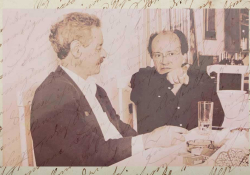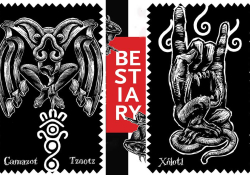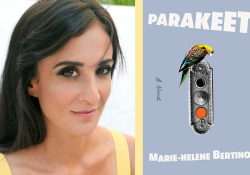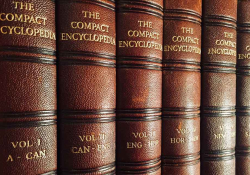Aulò, Aulò, Aulò!: On Ribka Sibhatu
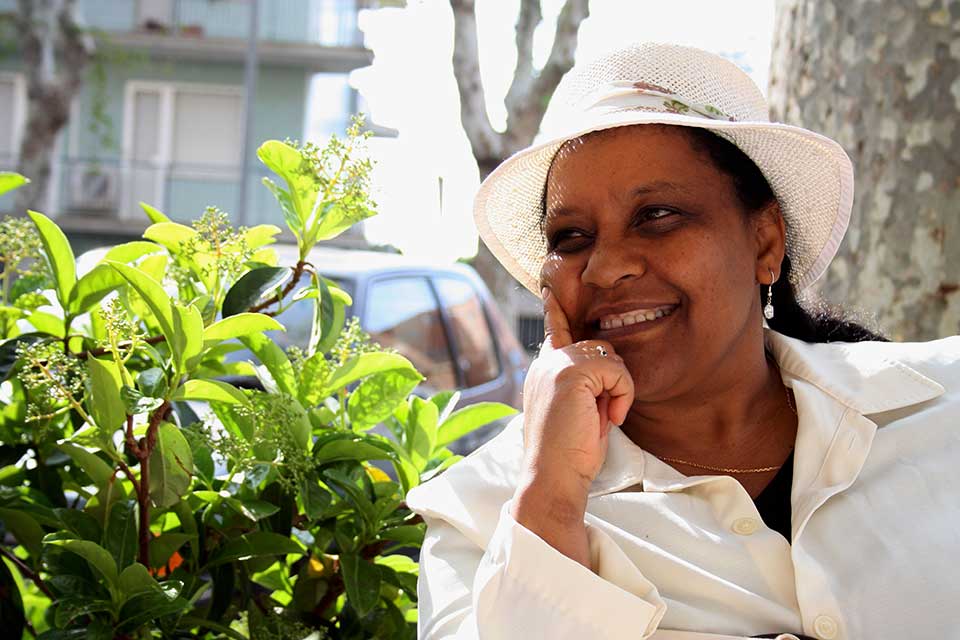
As 2018 drew to an end, my thoughts increasingly turned to the Eritrean writer Ribka Sibhatu, the first author I decided to work on when I took up literary translation professionally in 2010. Sibhatu was born in Asmara in 1962, the year Haile Selassie’s Ethiopia unilaterally annexed the former Italian colony of Eritrea, triggering a liberation war that would last for the next three decades. In 1979, at the age of seventeen, Sibhatu was sentenced to a year in prison for criticizing the government, on false charges trumped up by an Ethiopian politician whom Sibhatu had refused to marry. Adopting a false identity, Sibhatu fled to Addis Ababa upon her release from prison and finished her education in the Ethiopian capital, where she later married a Frenchman, relocating to the latter’s native country in the mid-1980s. Once that marriage ended, Sibhatu moved again, this time to Rome, where she published her first collection of poems, Aulò: Bardic Songs from Eritrea (Sinnos, 1993), a volume of confessional lyrics written in both Tigrinya and Italian. I have tended to think of Aulò as Sibhatu’s Leaves of Grass. In fact, while the 1993 edition has been reprinted at least three times in the past couple of decades, Aulò, like Whitman’s book, has actually evolved over the years, expanding as the author has aged and grown. Unlike Leaves of Grass, however, Aulò also happens to be an exilic repository of Tigrinya poetic forms, many of which have only survived through oral retelling and have never been written down.
I have tended to think of Aulò as Sibhatu’s Leaves of Grass. . . . Unlike Leaves of Grass, however, Aulò also happens to be an exilic repository of Tigrinya poetic forms, many of which have only survived through oral retelling and have never been written down.
As Sibhatu enthusiastically explained during one of our earliest meetings in London in 2011, Eritrean literature has been handed down through the generations in the form of aulòs, the Tigrinya term for “bardic songs,” which are performed at various public and private celebrations and religious rites. Performers always begin their tales by invoking the word Şïnşïwai, which roughly means, “I have a story to tell,” to which the audience replies Uāddëkoi şęlimai, “We’re ready, we’re listening.” Sibhatu learned her craft in Asmara and Hemberti, her ancestral village in the high plateaus above Asmara, where these stories can be traced back for centuries. Despite falling into various different genres—poetry, fiction, and nonfiction—Sibhatu’s work essentially represents a reconstruction of Eritrea’s cultural heritage in exile. As shown in Simone Brioni’s documentary on her life and work, Aulò: Postcolonial Rome (2012), Sibhatu has also devoted much of her time to drawing up her family’s genealogical tree, which stretches back over twenty generations.
On recently rewatching that documentary, however, I couldn’t help myself from fixating on the film’s opening scenes, where the filmmakers walk around asking ordinary white Italians a simple question: “Do you know where Eritrea is?” “Is it in Asia?” a bloke punts. “Dunno, Africa, I guess?” another hazards. Before too long, a woman exclaims: “I do! It’s in North Africa!” before going on to add, “I usually recognize them by their facial features, they’re generally considered a good-looking people, especially the women, because they’ve got more Western features than other black Africans.” Rewatching these scenes now proved even more excruciating than they had in 2012, thanks to the rapidly worsening situation in Italy following the general elections held in March 2018. While Isaias Afwerki’s oppressive regime has steadily sent thousands of Eritreans into exile, many of whom eventually hope to wash up on Italy’s shores, the Italian government has taken an increasingly violent anti-immigration line, a state of affairs best summed up by the recent rise of Matteo Salvini, Italy’s new minister of the interior and de facto leader, who has sided with xenophobic strongmen like Hungary’s Viktor Orbán while unleashing a slew of discriminatory policies, like establishing curfews for foreign-owned grocery shops or banning vessels carrying shipwrecked refugees from docking at Italian ports.
In the midst of all this, Sibhatu has remained as active a commentator as ever. She routinely speaks on exile Eritrean radio stations, reminding Italians that many of the Eritreans arriving in their country these past few years are young men fleeing the military draft, during which time they are forced to do hard labor for next to no recompense. Sibhatu’s poetry has also reacted to this new reality, for example in poems like “In Lampedusa,” which is based on events that transpired on the night of October 3, 2013, which Sibhatu wrote following her meeting with one of the tragedy’s survivors: “A woman died while giving birth! / 368 people died! 357 Eritreans died! / On October 3 / 3,000 feet from Rabbit Island, / in the heart of the Mediterranean.”
All the above might go some way toward explaining my frustration whenever I pause to reflect on the fact that, twenty books after beginning my career as a literary translator, I have still been unable to find an English-language publisher for Sibhatu’s work. Indeed, despite finding a home for most of the authors I’ve worked on fairly easily, a process that usually involved pitching only two or three publishers before finding a suitable home, Sibhatu remains a thorn in my already shaky belief that manuscripts by non-Western women of color are fairly evaluated when submitted to publishers or even to specialist funding bodies that purport to support these very writers. I have shown Sibhatu’s work to publishers big and small, corporate and independent, trade and academic. Some even specialized in African literature, despite their lists remaining overwhelmingly male and/or reliant on gigantic financial success in the “original home market.” Most of the aforementioned sent boilerplate rejections in reply to my proposals or merely questioned the manuscript’s “marketability” without, of course, ever weighing in on its contents. The end result, after eight years, still feels rather startling: roughly two dozen pitches across three continents and still no sign of an editor willing or able to publish the work of one of Italy’s and Eritrea’s most interesting contemporary voices.
Part of the blame, of course, lies with Italy. While the increased visibility of writers such as Ingy Mubiayi, Cristina Ali Farah, and Igiaba Scego has been encouraging to see, it is largely still (unfortunately) true that any so-called postcolonial writer working in Italy has to contend with an intensely insular culture that has grown far more claustrophobically racist in recent decades than many could have imagined. In fact, its historical amnesia in relation to its former colonies has become, if anything, stronger than it was a few decades ago, when the Italian poet Vittorio Sereni introduced one of his colleagues, Alessandro Spina (the pen name of the Syro-Libyan Basili Shafik Khouzam), to his wife one night at a theater: “Darling, this is Alessandro Spina, who is trying to make Italians feel guilty about their colonial crimes, all to no avail of course.”
Many of these organizations profess to be open to non-Western cultures and languages while essentially still living in a time when anything “foreign” worthy of attention could only be written by white Europeans.
Part of the blame, however, I believe, also lies with translation bodies in the UK and the US, who receive funding to promote engagements with other cultures while essentially still largely excluding most non-Western authors—in particular women of color—from their agendas. Many of these organizations profess to be open to non-Western cultures and languages while essentially still living in a time when anything “foreign” worthy of attention could only be written by white Europeans. The National Translation Awards winners in 2018 were from France and Denmark, the PEN Translation Prize winner was Hungarian, and the Man Booker International Prize was awarded to a French writer. It was further dispiriting to see that while many had hoped 2018 would be the “year of publishing women”—an idea inspired by Pakistani author Kamila Shamsie’s call for publishers to only issue works written by women in 2018—what little did happen in the way of increased exposure was largely to the benefit of white women.
As for Sibhatu, while official recognition has been scant and slow in coming, her work has continued unabated. While mostly focused on poetry, her oeuvre has also expanded to include adaptations of popular Eritrean folktales, some of which were collected under the title Il Numero Esatto Delle Stelle e Altre Fiabe dell’altopiano Eritreo / The Exact Number of Stars and Other Fables from the Eritrean Highlands (Sinnos, 2012). “How African Spirits Were Born,” one of my favorite stories in that collection, tells the story of “a strong, wise emperor named Mersò, who ruled over the most powerful empire in Africa” (“Three Fables,” WLT, Sept. 2014). Mersò’s sons are Miren, the eldest, and Gemel, the youngest. Although Mersò favors Gemel as his successor, Miren is unwilling to bend the knee to Gemel and thus forces his father to split his empire in two. While this decision appeases Miren for a while, he eventually turns his ire back to Gemel, threatening to kill him in order to become the empire’s sole ruler. Forced to return from his retirement deep in the forest, the old emperor gives Miren a choice: he can wield absolute power in either the realm of the visible or the invisible, at which point Miren opts for the latter and disappears. “That’s a real story, or at least that’s what the old storytellers used to say,” Ribka once remarked when I asked her about that fable. “When I was young, my mother used to tell me stories that were over five hundred years old. I was the only one in my family truly mesmerized by this oral tradition, and I’ve been working on handing this heritage down to future generations ever since.”
Los Angeles

